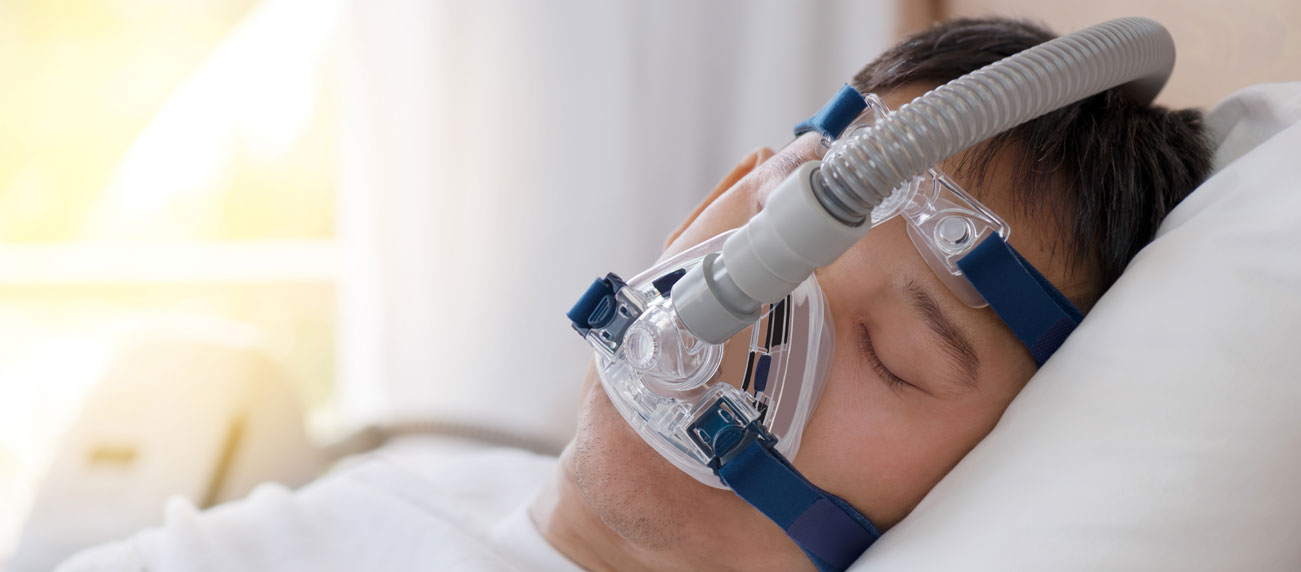You may have heard the term sleep apnea, but do you know what it actually means? You may think it’s the same thing as snoring, but while the two can be related, they are most definitely not the same.
Sleep apnea is a condition that causes you to stop breathing as you sleep. These pauses in breathing can happen a few times or hundreds of times per night, disrupting your sleeping patterns with serious or even fatal consequences. The problem for many people who suffer from sleep apnea is that they don’t know they suffer from it. Often all they know is that they’re chronically fatigued and may suffer from other serious health conditions as a result of poor sleep.
There are two general types of sleep apnea: obstructive sleep apnea and central sleep apnea. The former is the most common type of sleep apnea, caused by an obstruction in the mouth or throat that blocks breathing. The obstruction might be related to swollen tissues (tongue, tonsils, for example) or a weakening of some part of the anatomy like the epiglottis. In any case, breathing passages are narrowed or blocked and breath may be obstructed, causing your body to jolt awake.
Central sleep apnea is less common. It occurs when the central nervous system actually fails to signal your body to keep breathing. It’s possible to have both types of sleep apnea – a condition called mixed or complex sleep apnea.
Lifestyle and hereditary factors can also contribute to sleep apnea. Being overweight, smoking, using alcohol and sedatives that can relax throat muscles, nasal congestion from allergies, and a family history of sleep apnea can all be relevant factors. Sleep apnea also tends to occur more frequently in males and in older people. The most common symptoms of sleep apnea include:
- Choking or gasping during sleep
- Shortness of breath during sleep
- Chronic fatigue
- Snoring
- Sore or dry throat in the morning
- Morning headaches
Sleep apnea can also lead to irritability, anger, and depression as a result of poor sleep. Many times, a person’s sleeping partner will be the first to notice these symptoms. Snoring and unsettled sleeping can also make it hard for your partner to sleep, creating further fatigue and potentially even relationship problems.
Left untreated, sleep apnea can lead to high blood pressure, heart disease, liver disease, diabetes, stroke, and other serious problems such as an increased risk of car accidents.
The good news is that obstructive sleep apnea can often be cured through a variety of treatments, including lifestyle changes and surgeries that reduce, re-shape, or remove obstructions that block breathing passages. Appropriate surgeries generally have a very high success rate and manageable recovery process, leading to better sleep and a healthier life.
If you think you may suffer from sleep apnea, contact Dr. Rotenberg today to set up a consultation!



